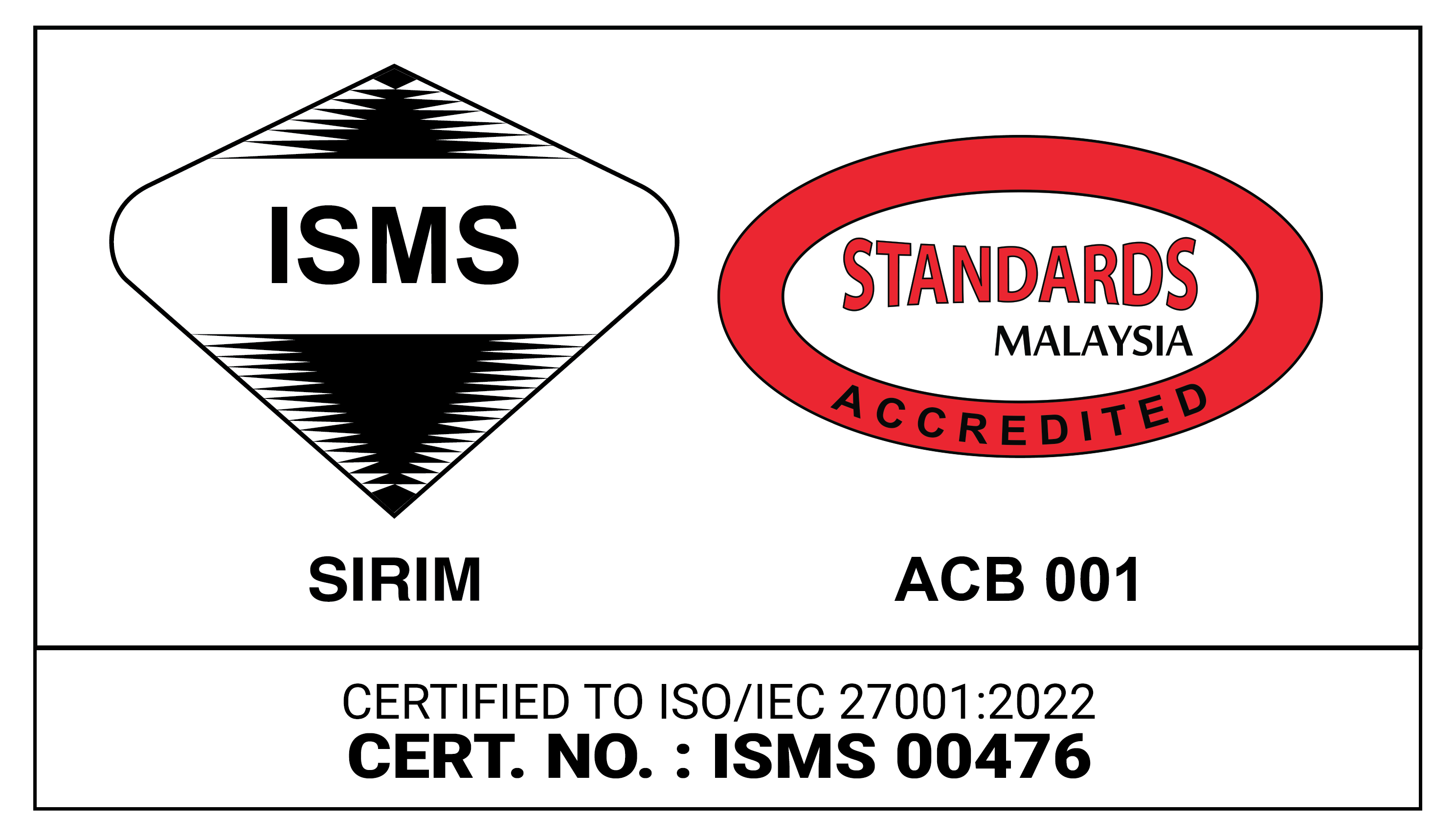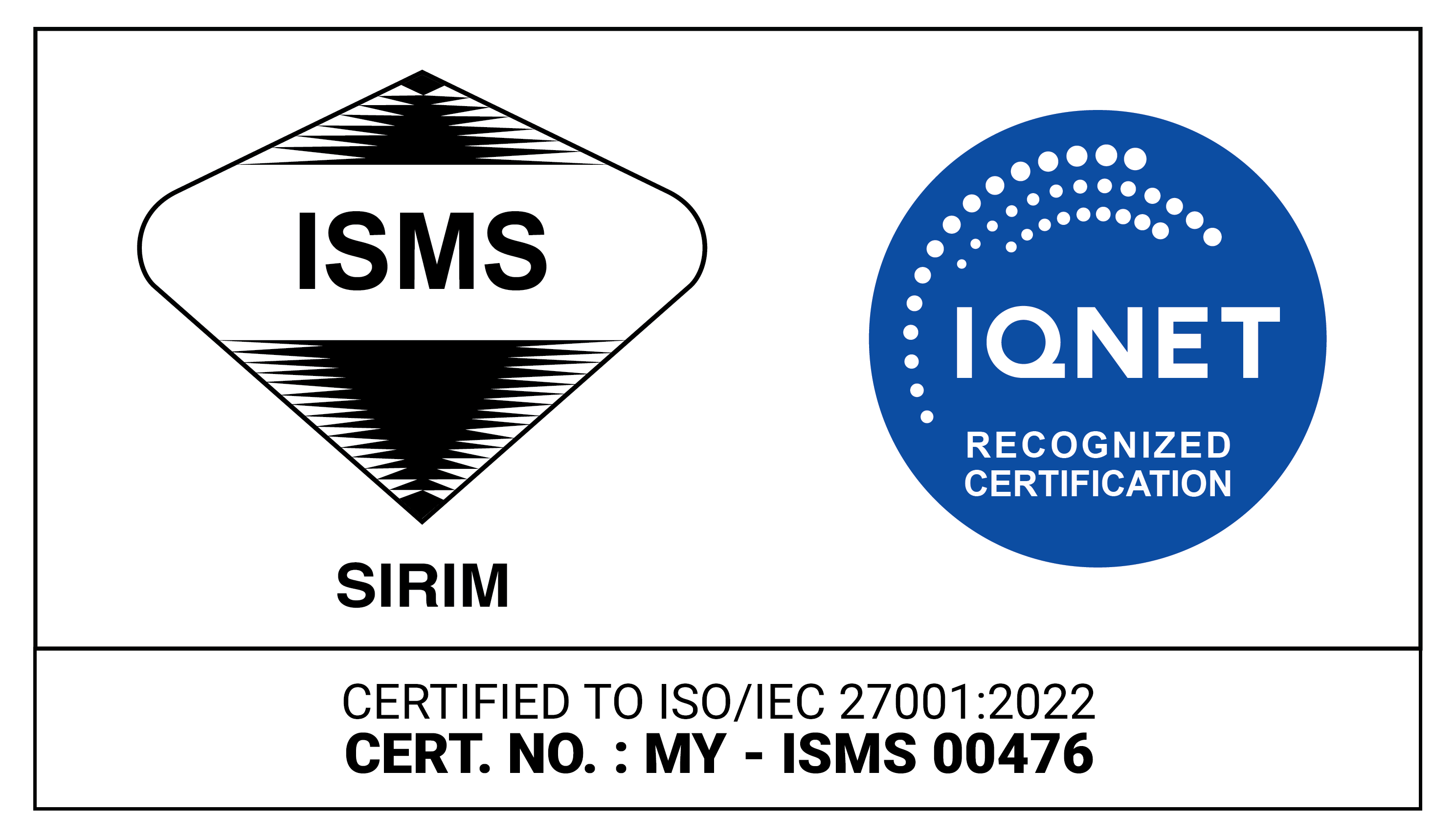
KEYNOTE ADDRESS BY
YB DATUK SERI JOHARI BIN ABDUL GHANI
MINISTER OF PLANTATION AND
COMMODITIES
35TH PALM & LAURIC OILS PRICE OUTLOOK CONFERENCE (POC2024)
SHANGRI-LA, KUALA LUMPUR
TUESDAY, 5 MARCH 2024
YBhg. Tan Sri Abdul Wahid bin Omar
Chairman
Bursa Malaysia
YBhg. Datuk Muhamad Umar Swift
Chief Executive Officer
Bursa Malaysia
Tan Sri-Tan Sri, Datuk-Datuk,
Distinguished Speakers, Esteemed Guests &
Members of Media,
Assalamualaikum Warahmatullahi Wabarakatuh and a very good morning to all of you.
1. I would like to express my gratitude to Bursa Malaysia for having me here today. It is an honour to stand here before our distinguished guests who I have been told have travelled from all around the world. On behalf of the Bursa Malaysia, selamat datang and welcome to Malaysia.
Performance of the Sector in 2023
Ladies and Gentlemen,
- In 2023, the palm oil market exhibited resilience despite global economic uncertainties. The industry continues to be an important part of the Malaysian economy contributing approximately 3% to GDP growth last year. Despite the sharp decline in the price of CPO, the export value of palm oil and palm oil products registered over RM100 billion, driven by an increase in volume. Strong demand from key consuming regions, coupled with
improving production conditions, contributed to the market's overall performance.
- The palm oil market is expected to remain positive this year. Malaysian Palm Oil Board (MPOB) estimates that CPO production will reach 18.75 million tonnes in 2024 (2023: 18.55 million tonnes). This marginal increase of about 1% compared to 2023 will be driven by improved labour market conditions and a higher number of oil palm trees maturing. This year, we anticipate strong demand for palm oil from our top export destinations such as India (17.4%), China (9.1%), and the EU (7.4%). The demand is further supported by the interest in replenishing stocks to ensure food security and the overall viability of business activities.
Challenges
Ladies and gentlemen,
4. In order to realise our positive estimates for 2024, we must be sure to act swiftly and address key challenges in the industry, namely, managing the negative perceptions against palm oil, the sizable opportunity loss arising from inefficient smallholders, climate change (El Nino) and labour issues. These are issues that are not new, as you all may know, but they continue to affect our industry.
Cultivating a Strong Malaysian Palm Oil Brand
Ladies and gentlemen,
- I believe that, despite its challenges, the palm oil industry is presented with many opportunities. What I wish to highlight to all of you today, is the importance of creating a distinct Malaysian brand of palm oil - a brand that is synonymous with high quality and sustainability elements.
- Malaysia has the potential to set the bar and be the gold standard in palm oil for the entire world. Moving forward, the industry and the over 447,000 independent and organized smallholders involved must focus on producing high quality and high yielding FFB and CPO sustainably.
- With respect to sustainability as well as other issues such as allegations of forced labour, it is important for us to be in the driver’s seat. As producers, we should be the ones to dictate the high standards to which our industry should adhere to. At the same time, we should take into consideration the socioeconomic wellbeing of our smallholders.
- In pushing forward this narrative, we must make the most out of bilateral engagements and multilateral platforms such as the Ad Hoc Joint Task Force on EUDR (JTF-EUDR) and the Forest, Agriculture and Commodity Trade (FACT) Dialogue that was launched by the United Kingdom during its presidency of COP26.
- Multilateral engagements are vital as it is the only way forward to counter the unfounded allegations and negative perception directed towards palm oil. Our Malaysian community of growers, processors, researchers, and traders must be united to fight off the negative perceptions against our industry.
- We must highlight that every aspect of our production is done according to the highest standard, stretching from plantation (large or small scale), processing, renewable energy usage all the way to the social wellbeing of plantation workers. A convincing story is needed to underscore our persistence in embracing sustainability. Over time, this would make Malaysian palm oil, the preferred edible oil in the world.
MSPO to Spearhead our Efforts in Creating aGold Standard
Ladies and gentlemen,
- At the centre of this branding exercise is our locally developed certification scheme, MSPO. We are working tirelessly to ensure that MSPO is able to adequately address the traceability of palm oil products. I am confident that MSPO can be the central point of reference when it comes to adopting sustainable practices that are best in class. We must be prepared to share with the world the complete set of standards that have been embedded in the MSPO certification. MSPO has wide coverage that incorporates all segments of the industry - small, medium, large players and smallholders.
- Moving forward, the Ministry would like to revamp the Malaysian Palm Oil Certification Council (MPOCC), which is the certification body of MSPO. To reflect its independence, the Ministry will review the composition of the board, its management and its approach towards becoming an internationallyrecognised certification body. Therefore, I would like to announce that the MPOCC will be renamed as Malaysia Sustainable Palm Oil Certification, to be known as MSPO. From here on, we hope to clearly distinguish the key organizations in the sector, namely:
- MPOB, which focuses on R&D, regulation and licensing;
- MPOC for promotion and marketing; and
- MSPO for certification standards.
This is to eliminate existing confusion between MPOC and MPOCC.
Enhancing Yield Through SmallholdersConsolidation
Ladies and gentlemen,
- Palm oil is one of the most important edible oils in the world. It is present in many household brands and there simply is no substitute for certain products. Moreover, palm oil is the most efficient vegetable oil in terms of oil yield at 3.6 metric tonnes per hectare as compared to soybean (0.5 metric tonnes per hectare), sunflower (0.8 metric tonnes per hectare) and rapeseed (0.8 metric tonnes per hectare). Replacing it with other edible oils would require up to 10 times more land. Considering that the world is now very concerned about deforestation, this has put us in a better position to advocate and educate how palm oil is the most effective and competitive edible oil vis-a-vis land use.
- As we all know, out of the 5.7 million hectares of palm oil planted area, 27% (1.5 million ha) are managed on a small scale via smallholders. On average, these smallholders manage plots of land of around 4 hectares. Indeed, many smallholders are facing difficulties in increasing their yield. I envision a feasible business model that can consolidate the 214,680 independent smallholders (822,073 ha) into clusters of around 8,000 to 10,000 hectares.
- These clusters would then be managed just like a medium or large estate by a dedicated team. I know this is not going to be easy, but let’s dream big. If we are able to consolidate even 30% of independent smallholders, we would have an additional 250,000 hectares of land to be managed efficiently.
Ladies and gentlemen,
- The replanting rate between 2014 and 2023 remained low at 1.8% annually. According to industry best practices, 4% to 5% of oil palm trees should be replanted every year. Otherwise, by 2027, over 560,000 hectares of oil palm trees will be over 25 years old. This would lead to lower production in the future.
- A more pragmatic way to ensure that our smallholders will replant on time to ensure consistent maximum yields is to leverage on the technical expertise of the large industry players and MPOB, covering seeds, clones, fertilizer, as well as pest and disease management. Surely, achieving a larger scale is crucial to reduce costs per unit and increase productivity.
- If all smallholders can adopt the mentioned good management practices of large scale plantations, FFB yield can easily increase by 2 metric tonnes per hectare. This will in turn increase our CPO production by an additional 600,000 tonnes a year, which is valued at around RM2.4 billion at the current market price, without any additional land use change. I know that this is easier said than done, but we need to work on it.
Addressing Labour Issues ThroughMechanisation and TVET
Ladies and gentlemen,
- My speech would not be complete if I do not address the main concern of the industry, which is the steady supply of labour. Traditionally, our industry relies heavily on guest workers, especially harvesters.
- For every 100 workers on a plantation, 50 of them are harvesters. When we talk about harvesters, we must be clear on its definition. Typically, a harvester’s job covers many tasks such as to identify ripe FFB, cut the frond, cut the fruit, stack the fronds, load FFB onto the truck, collect loose fruits and evacuate FFB to the roadside - 7 tasks done by 1 person.
- To entice locals to view harvesting as an attractive career option, we need to differentiate and specialize a harvester’s main tasks to those that require specific skill sets - which are to identify ripe FFB, cut the frond and cut the fruit. My hope is that in the future, the rest of the tasks can be done through mechanisation.
- The government has kicked-off a TVET initiative to train local harvesters, with 60 students under the pilot project by IMPAC which will start in April. The ministry will closely monitor its progress. I would like to request for large scale plantation companies to make their fields available for on-thejob training for all these students.
- In the past few years, millions of ringgit have been spent in our effort to come up with a mechanised solution for harvesting. Unfortunately, we have yet to discover a viable mechanised solution for the harvesting of FFBs as an alternative to manual harvesters.
- To ensure that the industry is not disrupted, I will play my part so that all issues with respect to the shortage of harvesters will have my personal attention.
Closing
Ladies and gentlemen,
- We are at a crossroads. Malaysia must continue to position its palm oil industry as a global leader. To do so would require a concerted effort of all of us to steer this large ship in the right direction.
We need to work hand-in-hand to fight this unjustified negative perception against palm oil.
- On that note, I wish all delegates here a successful conference and I believe your valuable engagement will contribute to bringing the industry to greater heights. With that, I hereby officiate the 35th Palm & Lauric Oils Price Outlook Conference.
Thank you.








